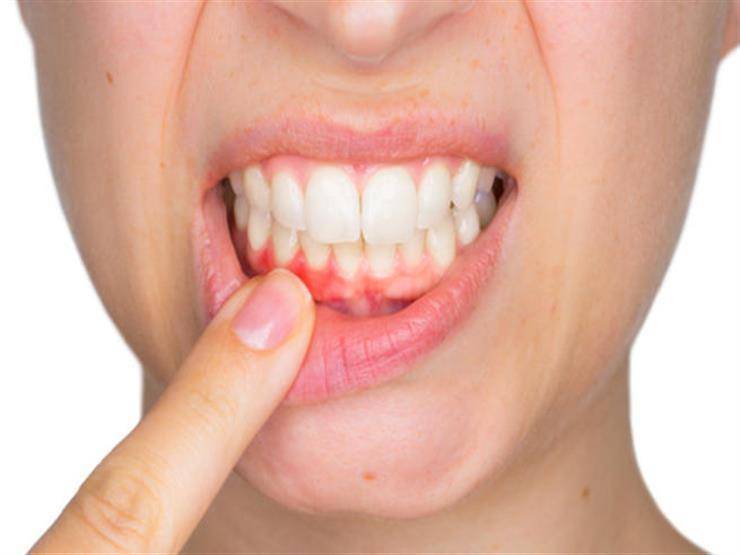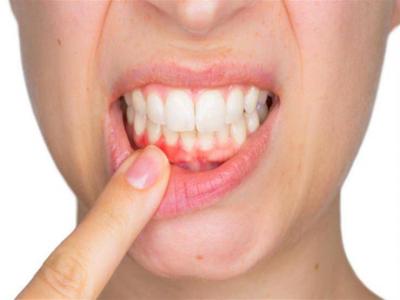According to dentists, gum bleeding is usually an early warning sign of gingivitis or other medical conditions. A new study has found that this troublesome dental condition may also indicate a problem with your diet. Researchers from the University of Washington state that gum bleeding could be a sign of a vitamin C deficiency in one's diet.
The study found that gum bleeding and even eye bleeding are linked to low levels of vitamin C in the bloodstream. Researchers discovered that increasing daily vitamin C intake among individuals with low plasma levels could help reverse this bleeding issue. They added that both gum bleeding and retinal bleeding could indicate a general problem in the microvascular system of the patient, and might also point to bleeding in the microvasculature of the brain, heart, and kidneys. In fact, gum bleeding is often associated with gingivitis or periodontitis, both of which are forms of serious gum disease. Dentists regularly advise patients to ensure they brush and floss their teeth twice daily if they exhibit these symptoms.
The new study explained that adding sources of vitamin C, such as oranges and strawberries, to the daily diet may be just as important as improving dental health. The lead author of the study, Dr. Philip Hogue, stated, "When you see your gums bleed, the first thing you should think about is that they shouldn't be bleeding at all, and you should try to find out why your gums are bleeding. A vitamin C deficiency is one possible reason."
Do certain diets reduce vitamin C? The study confirms that reversing gum bleeding by increasing vitamin C does not necessarily prevent strokes or other serious health outcomes. However, the findings suggest that recommendations to increase vitamin C levels designed to protect against scurvy—a fatal disease caused by low vitamin C levels in the blood—are very low. Researchers added that such low vitamin C levels could lead to bleeding that should not be addressed simply with dental floss.
As a result, Professor Hogue recommends that people try to monitor their vitamin C intake through unprocessed foods like kale, peppers, or kiwi. If you struggle to find tasty foods rich in vitamin C, consider taking a supplement containing about 100-200 milligrams of vitamin C daily.




